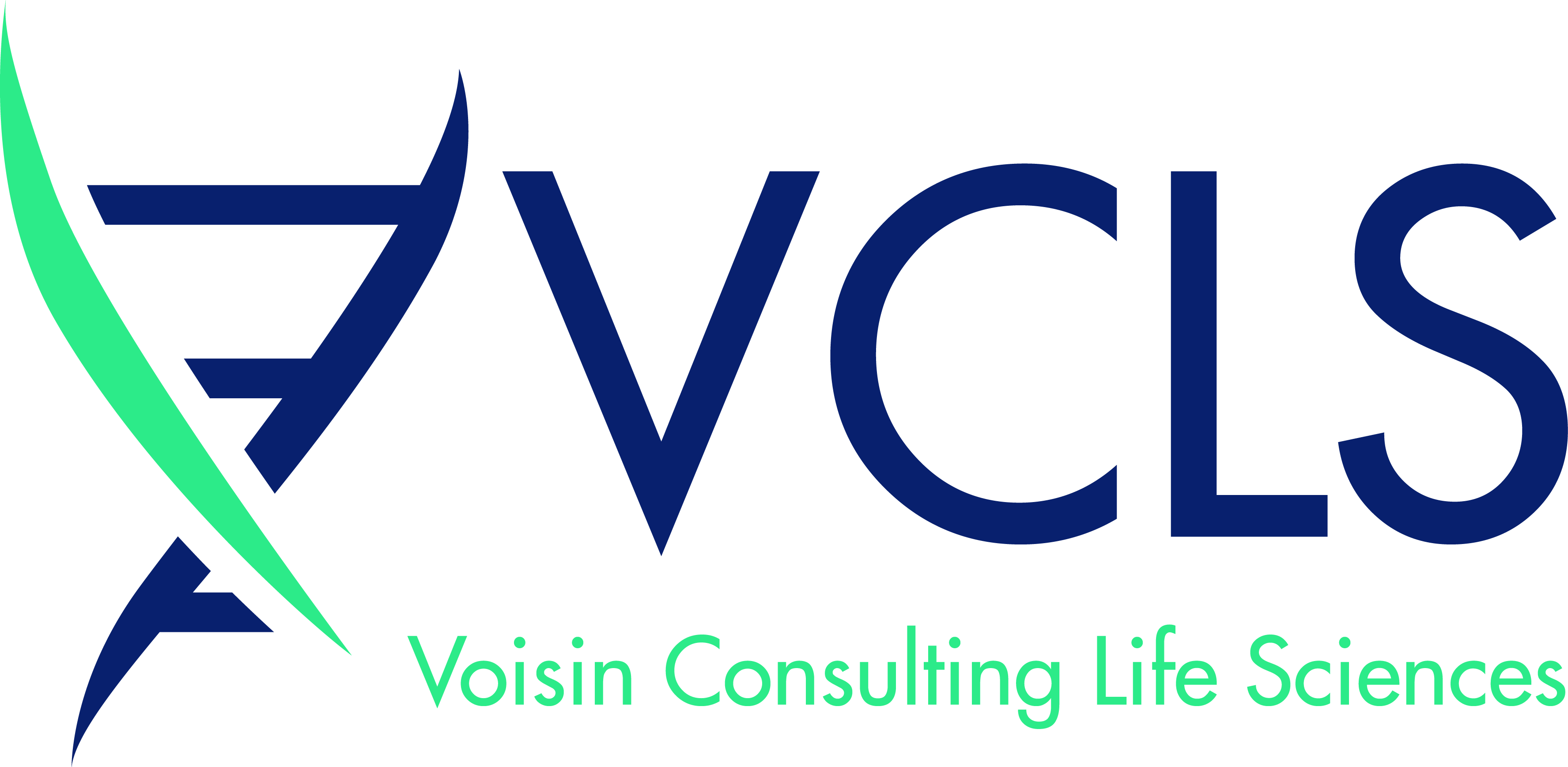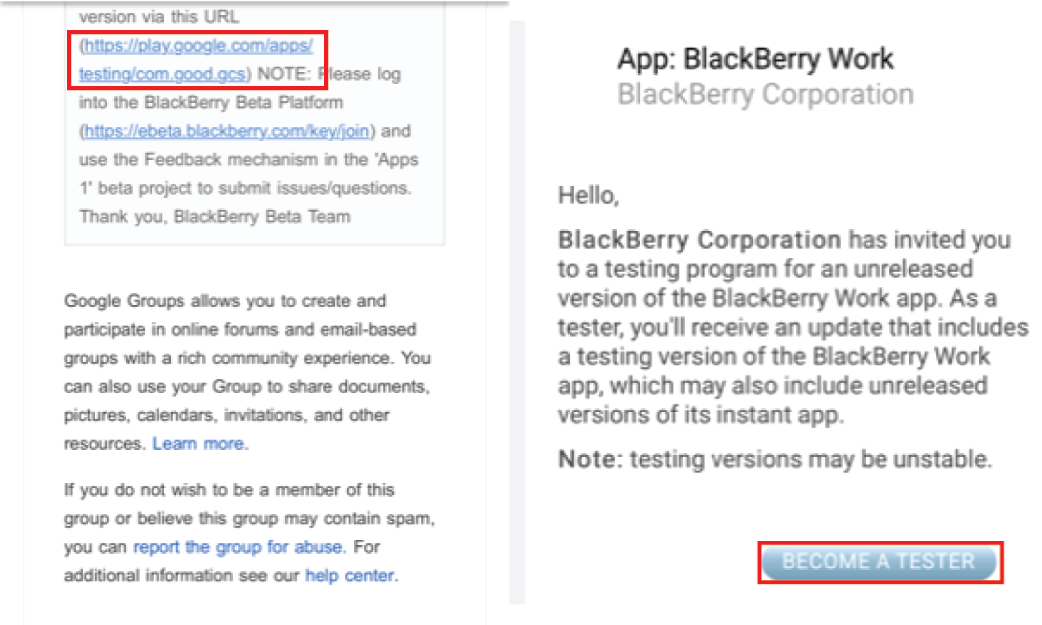
Charge a consultation fee for your services. You can raise your rates if you have clients. There are two possible ways to structure fees: You could charge a fixed amount or a percentage. It is best to avoid offering free consultations. Free consultations are often a waste of time and money.
A consultation fee will be charged
Although it might seem counterintuitive for you to charge a consultation cost for your services it actually increases the closing rate by as much at 17%. It also shows that you are serious when it comes to cosmetic procedures. It makes potential clients more invested in your work, and they are more likely spend more time researching you.
Before you charge a consultation fee for any of your services, it's important to think about the needs and wants of your clients. How much can you realistically charge them? It all depends on your experience, but you can set an amount that reflects the value of your services. Also, you might consider crediting the first bill with your fee. This is only for clients who choose to retain you.
Avoid free consultations
A free consultation can be a great way to attract prospects to your product. Make sure you are clear about the duration of your consultation and have a list of topics that you intend to cover before signing up. This will keep distractions to a minimum and allow you to move smoothly from one topic to the next. Once you've agreed upon the scope of your consultation, it's time to close the deal.

The ideal consultation would include a call for action, a clear next move, and follow-up. These steps will ensure that your consultation is a success and not a waste. Also, make sure your consultations lead to a purchase.
As a percentage, charge a portion of the project's income
Some consulting firms will charge their clients a percentage for the project's income. They do this in order to make sure their clients feel secure with the cost they are paying and that they are getting fair compensation. Consider what type of work and client needs you are offering before deciding how to structure your consulting fees.
Many consulting services involve phone calls and meetings with clients. You also have the option to charge per hour. While this approach has its benefits, it can also penalize those who are more efficient and quicker.
A flat fee is charged
Before setting a consultation fee, there are several factors you should consider. Some clients will want to establish a fixed fee, while others may need to be guided. The most important thing to do is ensure that you are charging fair prices. Every client is different and your fees should reflect that. Do your research, and have a list of possible fees.
Your services should be valued and your fees for consultations should reflect that. Clients will not be willing to pay more if the fee is too high. A flexible fee structure gives you a competitive advantage and helps you reach a broader market.

Flat fee charged based on performance
A flat fee based on performance is an effective way to charge for consultation fees. This is the most common structure used by consulting firms. This arrangement allows the consultant and small staff to assess the work needed and provide support. The total fee reflects the cost of providing the work. The team is encouraged not to exceed their initial expectations and is encouraged provide high quality work. This model works well for projects with specific requirements, a fixed duration and few interdependencies.
This pricing structure provides two benefits. One, it ensures fair compensation for the consultant. Two, it makes the payment process more efficient and faster. Before setting a flat rate based on the performance of consulting fees, there are important points to be aware.
FAQ
What are some of the advantages to being a Consultant?
Consultants often have the option to choose when and what they do.
This means you can work whenever you like and wherever you wish.
You also have the freedom to change your mind at any time without fearing losing your money.
Finally, your income can be controlled and you can set your own hours.
What qualifications do you need to be a consultant?
It's not enough just to have an MBA degree; you must also demonstrate experience working as a business consultant. You must have at least two years' experience working in consulting and/or training within a large company.
It is essential that you have experience working closely with senior management on strategic development projects. This requires you to feel confident presenting ideas to clients, and getting buy-in.
A professional qualification exam, such as the Certified Management Consultant (CMC), of the Chartered Management Institute (CMI), is also required.
What should I expect from my consultant
After you have selected your consultant, expect to hear from them within a few business days. They will usually ask for information about your company, including its mission, goals, products, services, budget, etc. They will then send you a proposal that outlines the scope of work and estimates timeframe, fees, deliverables, milestones and other details.
If all goes well, the parties will then negotiate a written agreement. The type of relationship between the parties (e.g., employee-employer, independent contractor-employer) will affect the terms of any contract.
If all goes well, the consultant will start working immediately. The consultant will have full access to your files and resources. You'll also have access to their skills and knowledge.
Don't think that consultants are experts. It takes practice and hard work to become an expert in the field you are consulting. You shouldn't expect your consultant will know everything you need to know about your business.
Who hires consultants
Many businesses hire consultants to assist them with their projects. These include small businesses, large companies, government agencies and non-profits.
Some consultants work directly for these organizations, while others freelance. The process of hiring depends on the size and complexity the project.
You will likely go through multiple rounds of interviews when hiring consultants before you choose the candidate you feel is the best fit for the job.
What happens when the consultant finishes the job?
After the consultant has completed the work, they will submit a final document detailing the results. This report includes the deliverables and project timelines.
You will then review the report to determine if the consultant fulfilled your expectations. If you are not satisfied with the consultant's report, you have the option to ask for modifications or to terminate your contract.
Statistics
- According to statistics from the ONS, the UK has around 300,000 consultants, of which around 63,000 professionals work as management consultants. (consultancy.uk)
- Over 62% of consultants were dissatisfied with their former jobs before starting their consulting business. (consultingsuccess.com)
- Over 50% of consultants get their first consulting client through a referral from their network. (consultingsuccess.com)
- So, if you help your clients increase their sales by 33%, then use a word like “revolution” instead of “increase.” (consultingsuccess.com)
- My 10 years of experience and 6-step program have helped over 20 clients boost their sales by an average of 33% in 6 months. (consultingsuccess.com)
External Links
How To
How to find the best consultant
When searching for a consultant, the first thing you should do is ask yourself what your expectations are. Before you begin looking for a consultant, it is important to know what your expectations are. Make a list of everything you think you might need from a consultant. This could include: professional expertise and technical skills, project management capabilities, communication skills, availability, etc. After you have outlined your requirements, you might want to ask friends and colleagues for recommendations. Ask your friends or colleagues about any negative experiences they have had with consultants, and compare their recommendations with yours. Research online if you don’t already have recommendations. Many websites allow people to post reviews about their work experience, including Angie's List and Indeed. You can use the comments and ratings left by others to help you find potential candidates. Once you have narrowed down your list, reach out to potential candidates and set up an interview. In the interview, discuss your needs and ask them for their suggestions on how you can achieve them. It doesn’t matter if the person was recommended to you; it matters that they understand your business goals, and can show you how they can help.